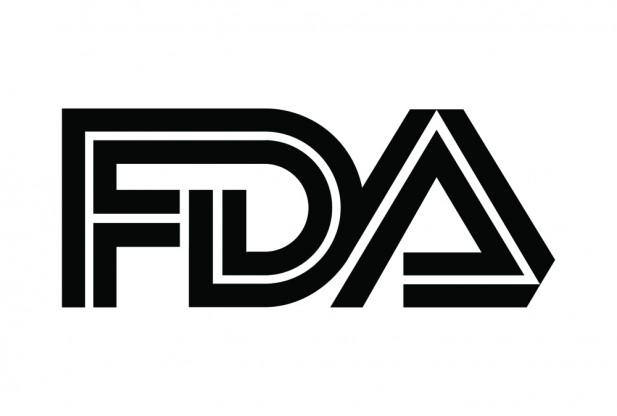 Make no mistake. If a patient has a choice between a "breakthrough" drug and a rival therapy described in simple clinical terms, the breakthrough will win every time. That's the conclusion of a new study that tested out the impact that words like "breakthrough" and "promising" have when they're linked to a drug.
Make no mistake. If a patient has a choice between a "breakthrough" drug and a rival therapy described in simple clinical terms, the breakthrough will win every time. That's the conclusion of a new study that tested out the impact that words like "breakthrough" and "promising" have when they're linked to a drug.
Researchers from Dartmouth and Carnegie Mellon University put the concept to a test in an online study. And here's what they concluded:
"The researchers found that adding either "breakthrough" or "promising" in the description significantly increased the percentage of participants who rated the drug as "very" or "completely" effective compared with the facts-only description (23% and 25% vs. 11 %). Adding those terms to the description also significantly increased the number of people who reported believing that evidence supporting the drug is "strong" or "extremely" strong (59% and 63% vs. 43%). At the same time, adding either the tentative or definitive explanations significantly reduced the percentage of study participants who believed (incorrectly) that the drug been "proven to save lives" (16% tentative and 10% definitive vs. 31% breakthrough)."
That's particularly important as the FDA has started to use words like these in their releases on new drug approvals after adopting the breakthrough therapy designation program in 2012. The researchers suggest that sticking with a straightforward discussion of the drug and shedding the implicit thumbs up would be better for the public, which isn't too good at dispassionately evaluating the data when there's an endorsement tied in.
"Today, patients and their families can easily find FDA press releases on the Internet, or they often hear about them in the news," said Dartmouth's Steven Woloshin. "But the reality is that unless patients fully understand how the FDA is using the term 'breakthrough,' they may have unwarranted confidence in the evidence supporting drug claims."
Don't look for any revisions at the FDA anytime soon, though.
- here's the release